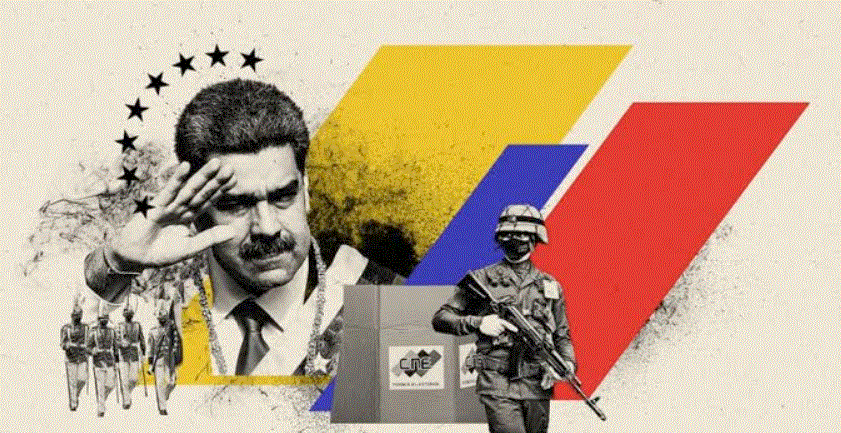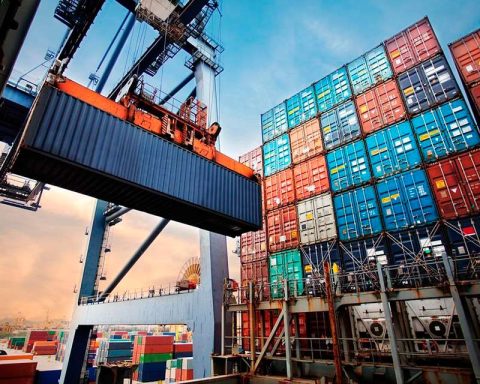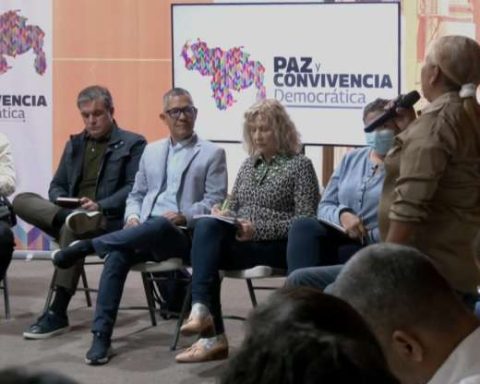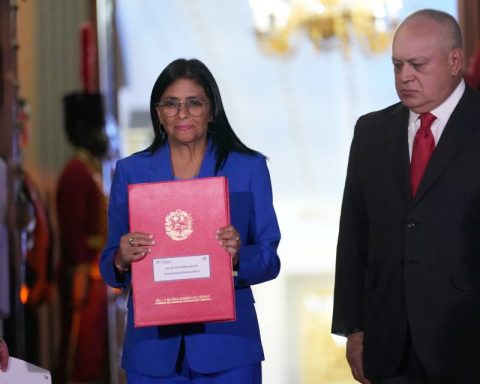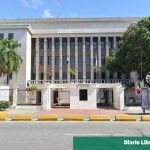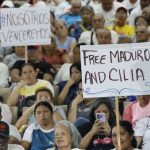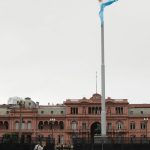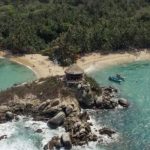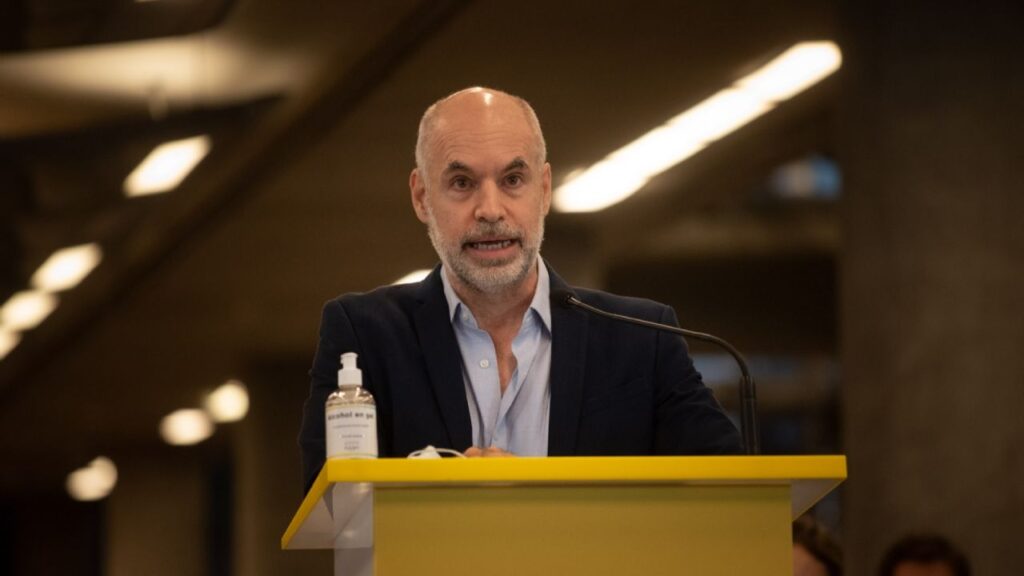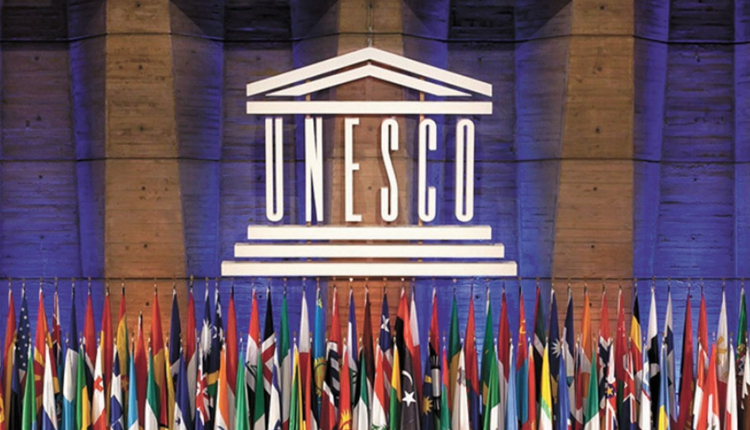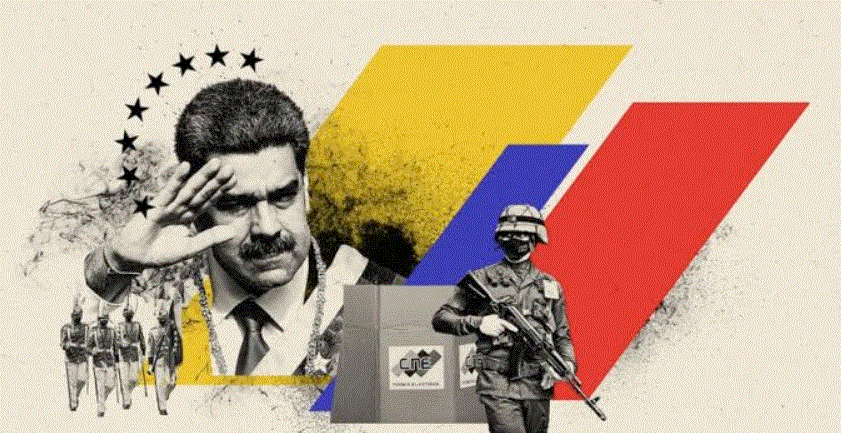
Since Nicolás Maduro was chosen in 2012 by Hugo Chavez and Fidel Castro ―according to Piedad Córdoba― to assume the presidency of Venezuela in case the military man from Sabaneta de Barinas did not survive the operation in Cuba, has avoided all the situations that could have removed them from power.
administrative continuity
The first occasion was the compromise of the Supreme Court of Justice when ruling that, despite the fact that Chávez could not be sworn in as president of Venezuela on January 10, 2013 before the Legislative Power, he had “administrative continuity” of the acting government. Therefore, the vice president (Nicolás Maduro) held the position of president in charge of the Republic and not the president of the National Assembly at the time, Diosdado Cabello, as would have happened if the ruling had been a declaration of the “absolute or temporary lack of President elect”.
It was the first time that Maduro had gotten away with it, thanks to the Constitutional Chamber of the TSJ. The opposition accepted this decision because there would be a presidential election in the short term. In addition, Chávez’s successor did not have the popularity of his mentor, who had defeated Henrique Capriles by 9 percentage points in the October 7, 2012 elections.
saucepan
Four days after the date of Chávez’s official death (March 5, 2013), the CNE called a new presidential election for April 14 of that year. Maduro obtained a favorable result by just 1.49%, a little more than 200,000 votes.
In a conversation with a high-ranking Chavista official who collaborated with US intelligence agencies, he told me that that night Miguel Rodríguez Torres, a participant in 4F and then director of the Bolivarian National Intelligence Service; Diosdado Cabello, also from 4F and president of the National Assembly; Jorge Rodríguez, mayor of the Libertador municipality and former president of the CNE, among others from the Chavista leadership, decided that they could not hand over the presidency to the “faggot” Capriles given the obvious results. Especially after Chavez He had asked them to elect “Nicolás Maduro in case it was necessary to call a presidential election.”
Therefore, the National Electoral Council proceeded expressly to proclaim him as president of Venezuela, to silence any doubts about the results.
Capriles called for a mobilization to the CNE to demand a review of the process, while denouncing acts of provocation in some parts of the country by the ruling party. However, 48 hours later, he asked his supporters who were on the streets to return to their homes and suspended the planned march to the electoral body. “I have been warned that the government It has begun to infiltrate the mobilization that I have called the CNE. Tomorrow we are not going to mobilize and I ask all my followers to collect themselves. Whoever leaves is on the side of violence, he is playing the government’s game. We are going to defeat this through peaceful protest.” And he proposed to make a “cacerolazo” throughout the country.
It was the second time that Maduro had gotten away with it again. On this occasion, the actors that contributed to this were the CNE of Tibisay Lucena and Capriles.
First dialogue (foreign ministers of Unasur)
The political and social climate was charged after the presidential and municipal elections of 2013. Maduro’s pyrrhic victory in April was reversed in December with the strategy of the dakazo ―used to combat a supposed economic war―, which had repercussions on the result of the opposition candidates in the mayoralties. However, the country was still convulsed by the economic crisis, shortages and crime.
During the first two months of 2014, protests in the states of Táchira and Mérida also began in Caracas and other cities. Leopold Lopez, Antonio Ledezma and María Corina Machado summoned the country to “La Salida”. A political campaign that made it possible to find “a peaceful, democratic and constitutional solution to the Maduro regime.”
López’s arrest on February 18 unleashed a wave of protests that led to the first dialogue between the Madurista regime and the opposition alliance (MUD) with the presence of 8 foreign ministers (Argentina, Brazil, Uruguay, Chile, Ecuador, Bolivia, Colombia and Suriname) of the Union of South American Nations (Unasur), along with an envoy from the Vatican.
It was the third time that Ripe came out unharmed. This time, the MUD (Ramón Guillermo Aveledo), Unasur and the Vatican facilitated the improvement of the international image of the regime, the appeasement of the arrests of the protesters and, above all, to gain time.
Second dialogue (former presidents and the Vatican)
Venezuelans’ frustration over the failure of efforts to remove Maduro from the executive branch in 2013 and 2014 led to the MUD’s resounding victory in the 2015 parliamentary elections. It was the opposition’s first major electoral victory in 17 years. He obtained two thirds of the deputies.
The new head of the Venezuelan Parliament, Henry Ramos Allup, proposed in February 2016 the cessation of Maduro’s functions through the figure of “abandonment of office”. While Capriles raised the presidential recall referendum to relieve him. The Electoral Power stated that it would be carried out in the first quarter of 2017. The dialogue coordinated by Unasur, the former presidents of Spain, Panama and the Dominican Republic and the Vatican representative would fail.
Again, Ripe he would get away with it. It was the fourth time. Unasur (Ernesto Samper), José Luis Rodríguez Zapatero, Henrique Capriles and the Vatican with the CNE facilitated Maduro’s continuity in power, among others.
Third dialogue, contempt, popular consultation and constituent assembly
The Maduro regime needed to neutralize the actions of the opposition National Assembly ―abandonment of office―, so with a ruling by the TSJ he dissolves it in March 2017 and assumes its powers.
The fight between the Executive and the Legislative lead the AN to call a national consultation in an act of civil disobedience: to reject the Constituent Assembly proposed by Maduro; demand that the FAN and all officials obey and defend the 1999 Constitution; and restore the constitutional order, in the context of the application of articles 333 and 350 of the Magna Carta due to the “rupture of the constitutional thread” by the Electoral and Judicial powers.
Two weeks later, Maduro’s National Constituent Assembly is elected to “put order”, assuming the legislative powers of the AN of 2015. One of its first acts was the decree that rescheduled the regional elections for the month of October in order to validate its legitimacy. Democratic Action decided to participate and forced the rest of the MUD parties to follow. This caused a division because those who were elected had to take an oath before the Constituent Assembly.
To top it off, a third dialogue takes place in the Dominican Republic with the presence of “five guarantor countries” with the objective of resolving the economic and political crisis affecting the nation. He begins to pressure the regime for the lifting of US sanctions.
Maduro would do it again. It was the fifth time that he was saved. Tibisay Lucena (CNE), Henry Ramos Allup (AD-MUD) and Rodríguez Zapatero would facilitate his continuity in Miraflores.
Presidential
In 2018, Chávez’s successor moved up the presidential election by almost seven months, to May 20, for fear that hyperinflation would wipe out his little political capital and make it difficult for him to be re-elected in December.
International organizations such as the Office of the United Nations High Commissioner for Human Rights, the European Union, the Organization of American States and other countries rejected the call due to its lack of transparency and electoral guarantees, and announced their non-recognition of the results. . However, Henri Falcón, former governor of Lara and leader of the Progressive Advance, agreed to participate.
Russia, China, Turkey, North Korea, Iran, Bolivia, Cuba, Nicaragua and El Salvador expressed their support for the elections
Maduro gets away with it. This time he had for the first time the shadow of illegitimacy. Once again, Tibisay Lucena (CNE) made it easier for him to remain in power.
Fourth dialogue, interim, failed military operation, Rosneft
In 2019, Maduro is unknown by democratic countries as president of Venezuela. They will recognize the president of the National Assembly. The United States stands as the great ally of the interim. However, on April 30 the uprising against Maduro failed. It did not prosper because the military commanders, who in 2018 suffered a trickle of desertions, remained loyal to the regime.
The alleged participation of the Minister of Defense, Vladimir Padrino, and the President of the Supreme Court of Justice, Maikel Moreno, in Operation Libertad forced Maduro to be cautious in his close circle.
To circumvent the sanctions on PDVSA, Rosneft became the marketer of Venezuelan crude.
In May the first steps are taken to start the fourth dialogue that would allow building a peace agenda for the country. Failure the process coordinated by Norway in Barbados.
Maduro got away with it, in a difficult year for his political stability. It was the seventh time. Russia, Norway, Leopoldo López and Juan Guaidó facilitated his stay in power.
Pandemic, State of the Union, Iran, Alex Saab, corruption
Guaidó participates in the 2020 State of the Union speech and is given a standing ovation by representatives and senators of both parties. The political capital of him comes out reinforced. However, he is unable to capitalize on his return to Venezuela due to the pandemic that Maduro takes advantage of so that there are no demonstrations, due to the confinement of the population.
Before the parliamentary election in December, the heir to Chávez launches an operation that seeks to divide and dismantle the opposition forces. In addition, he attacks the figure of Guaidó, whom he accuses of being corrupt in Primero Justicia.
Iran took over the role of Russia and China, countries that did not risk defying US sanctions on trade with Venezuela. In addition, the large operator to evade sanctions Alex Saab is arrested in Cape Verde in June 2020.
Maduro got away with it again in 2020 and 2021. It was the seventh and eighth time. On this occasion, the pandemic and Iran were decisive in staying in power.
Fifth dialogue, easing of US sanctions, Chevron
Russia’s invasion of Ukraine in February 2022 had an impact on the currencies of the Maduro regime, since due to Western financial sanctions on Russia’s international reserves, PDVSA funds had been frozen.
This situation combined with the US sanctions on Petróleos de Venezuela put the regime’s management against the wall, since now it does not freely have the funds to maintain the apparatus that holds it in power.
On the other hand, the sanctions on Russian oil exports have allowed the US oil company Chevron to lobby the Biden administration so that Venezuela is considered a country with the capacity to add 300,000 barrels of oil to the market daily in the short term. But to achieve this, it is necessary to relax the sanctions on PDVSA, which would allow Chevron to return to the country and implement plans to increase production.
Likewise, both the White House ambassador to the interim, James Story, and the director of Western Hemisphere Affairs of the White House National Security Council, Juan González, have insisted that the United States will only ease sanctions if there are results. clear at the dialogue table in Mexico.
Again, Maduro could get away with it if the United States eases sanctions and returns to Mexico. Juan González, James Story and Chevron would be the facilitators for him to maintain power on this occasion.
Therefore, if we look for different results, let’s not do the same thing for the tenth time.
